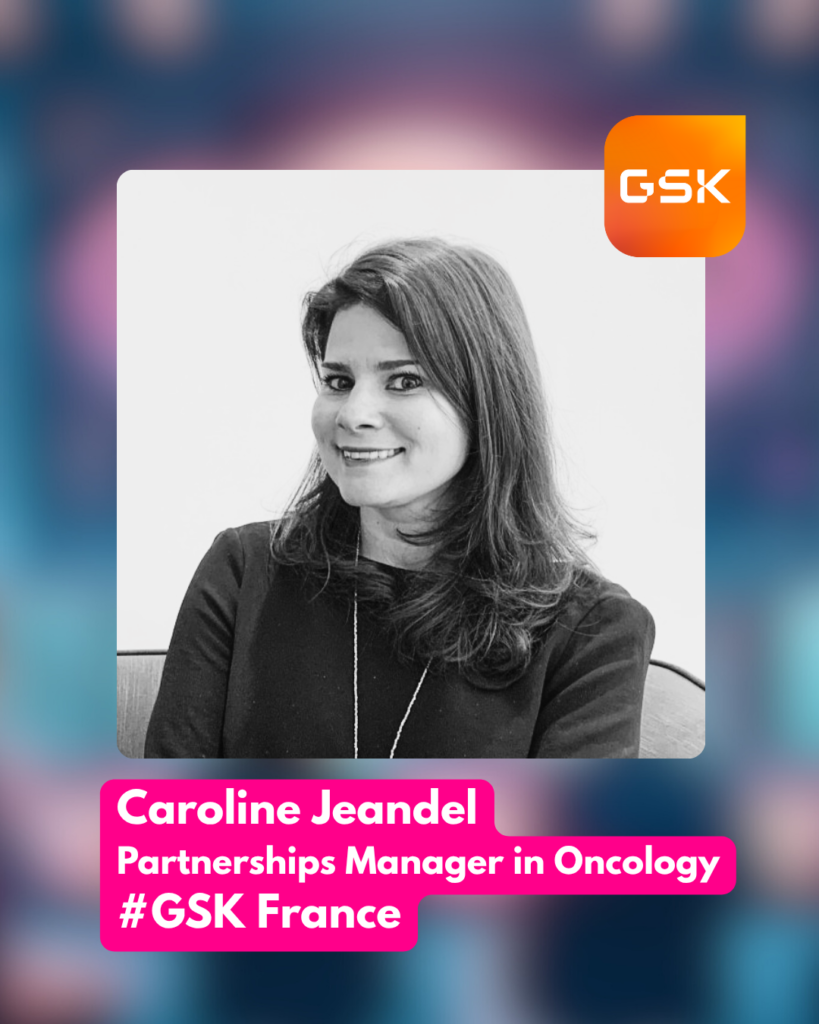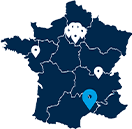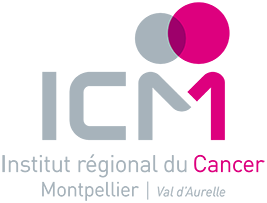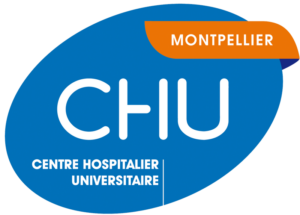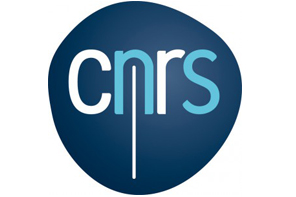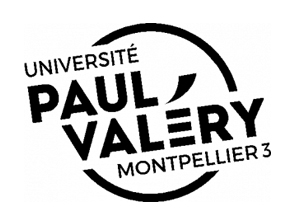Spotlight on… Caroline Jeandel, Partnerships Manager in Oncology @GSK France
1. Why did GSK choose to become a premium partner of the PINKCC Challenge 2025?
Because it is together that we can get ahead of disease, GSK is proud to be a partner of the 2025 edition of the PINKCC Challenge, an initiative dedicated to using artificial intelligence to fight ovarian cancer.
We strongly believe in this collective and participatory approach, as it reshapes traditional methods of diagnosing and researching ovarian cancer. Often called the “silent cancer” due to its subtle symptoms, this disease is frequently diagnosed at a late stage, making it particularly complex and urgent to address. Using AI for earlier diagnosis brings hope and the potential for better care for patients.
2. The PINKCC Challenge is leveraging artificial intelligence to accelerate research in gynecologic oncology. How does this goal align with GSK’s priorities?
At GSK, we are deeply committed to fighting cancer—especially gynecologic pelvic cancers—and to improving outcomes for patients living with these diseases.
Our mission in oncology is to discover, develop, and deliver innovative treatments that meet patients’ unmet needs.
We are heavily investing in research and development to explore new therapeutic avenues, including targeted therapies, immunotherapies, and personalized treatments based on biomarkers.
We firmly believe that artificial intelligence (AI) is a key catalyst for transforming oncology research and care. Internally, our goal is to harness the full potential of AI to identify new therapeutic targets, optimize clinical trials, and personalize care for each patient. With advanced machine learning and data analytics technologies, we can now process massive volumes of biological and clinical data, detect complex patterns, and predict treatment responses. This technological progress ultimately allows us to develop more effective therapies and speed up the time it takes to bring new innovations to market. Moreover, we collaborate with AI experts and tech partners to create diagnostic and monitoring tools that enhance the speed and precision of clinical decision-making.
3. What message would you like to share with the AI talents participating in this challenge, as a company committed to innovative and inclusive healthcare?
Each year, nearly 6,000 women in France are diagnosed with ovarian cancer.
This diagnosis often comes after a long and difficult journey—for some, a diagnostic odyssey that may, in some cases, result in a lost chance at timely care. Detecting this cancer earlier is a critical issue. Thanks to the potential of AI, earlier detection could offer new hope and greater equity in healthcare.
By combining our expertise and working with brilliant minds in the tech field, we aim to create a future where every woman, regardless of her circumstances, has access to quality healthcare. This challenge is not just a scientific endeavor—it is a commitment to a more innovative and inclusive healthcare system for all.
Together, by investing in these solutions, we can hope for a future where every individual enjoys a better quality of life and improved chances of survival.
